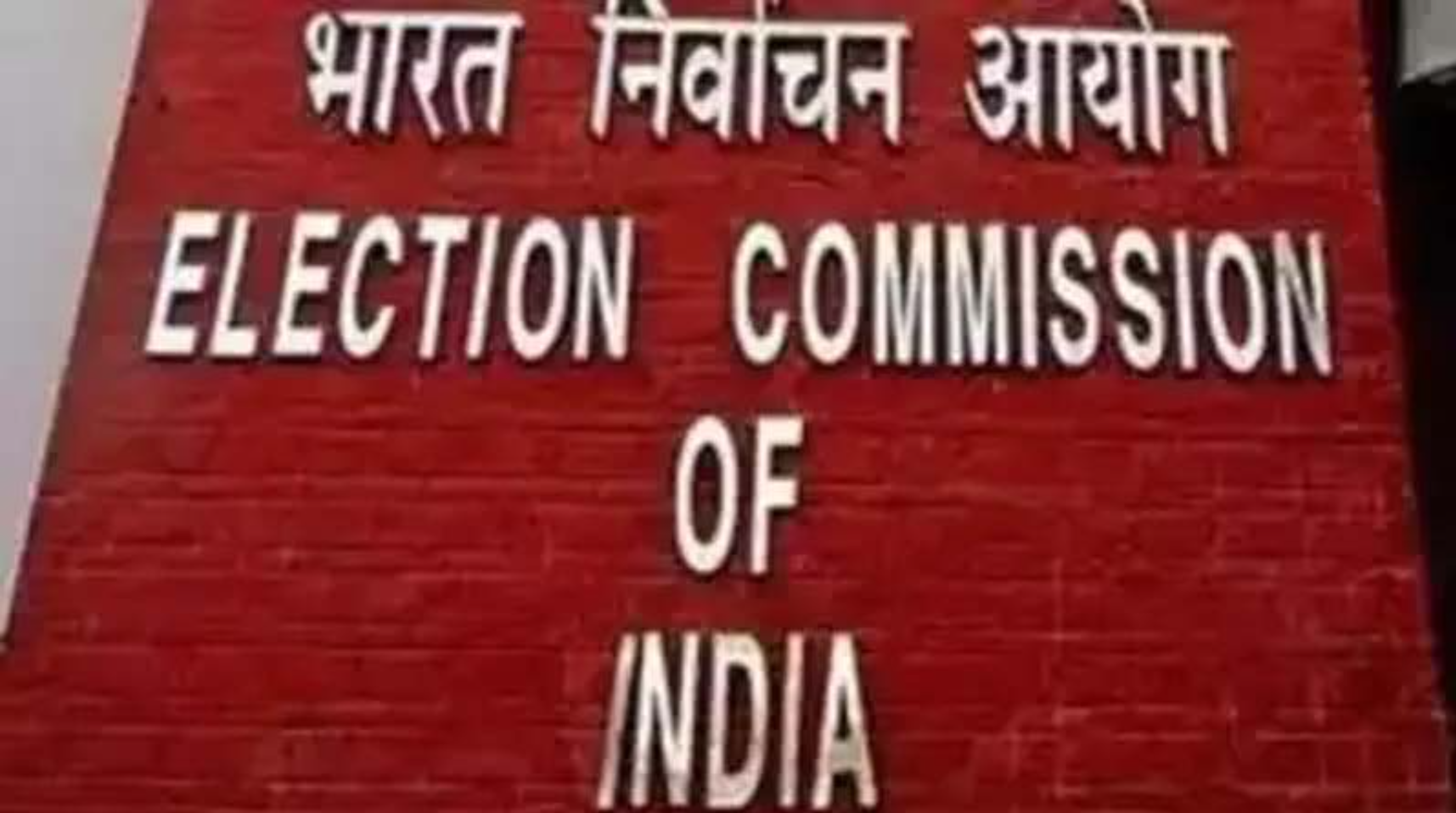The Supreme Court of India on Thursday directed the Election Commission of India (ECI) to conduct elections in Jammu and Kashmir by September 30, 2024, upholding the Modi government’s decision to abrogate Article 370, which granted special status to the erstwhile state. The court also emphasized the central government’s commitment to restoring the statehood of Jammu and Kashmir, which was bifurcated into two Union Territories in August 2019.
The apex court’s order came as a relief to the people of Jammu and Kashmir, who have been waiting for the restoration of democratic rights and representation since the abrogation of Article 370. The last Assembly elections in J&K were held in 2014, which resulted in a hung verdict and a coalition government between the People’s Democratic Party (PDP) and the Bharatiya Janata Party (BJP). The coalition collapsed in June 2018, leading to the imposition of Governor’s rule, followed by President’s rule in December 2018.
The ECI had earlier announced that it would conduct the Lok Sabha elections in Jammu and Kashmir in April-May 2024, along with the rest of the country. The ECI had also approved the deployment of 635 companies of paramilitary forces in Jammu and Kashmir and 57 in Ladakh for smooth conduct of polls for six Lok Sabha seats in the two Union Territories. However, the ECI had deferred the Assembly elections in J&K, citing security and logistical reasons.
The Supreme Court’s order has paved the way for the holding of simultaneous elections in Jammu and Kashmir, which would be the first test of popularity for the Modi government after the abrogation of Article 370. The order has also triggered a political realignment in the region, as the National Conference (NC), which was part of the INDIA bloc, an alliance of opposition parties against the BJP, announced that it would go solo in the elections. The NC president and former chief minister Omar Abdullah clarified that his party was still a part of the INDIA bloc, but decided to contest the elections alone to defeat the BJP.
The PDP, which was the largest party in the 2014 Assembly elections, has also decided to fight the elections independently, hoping to regain its lost ground in the Kashmir Valley. The PDP patron and former chief minister Mufti Mohammad Sayeed had won the Anantnag seat in the 2019 Lok Sabha elections by a margin of 6000 votes. However, the PDP has faced a backlash from its supporters for joining hands with the BJP in 2014 and for its silence on the abrogation of Article 370.
The BJP, on the other hand, is confident of increasing its tally in the Jammu and Kashmir elections, riding on the popularity of Prime Minister Narendra Modi and the nationalist sentiment after the abrogation of Article 370. The BJP had emerged as the second largest party in the 2014 Assembly elections, winning 25 seats, mostly from the Jammu region. The BJP had also retained the Hiranagar seat in the 2019 Lok Sabha elections, which it had won for the fifth time in the past eight Assembly polls. The BJP is also eyeing the Ladakh region, which was carved out as a separate Union Territory in 2019.
The Jammu and Kashmir elections are expected to be a keenly contested affair, with multiple parties and candidates vying for the voters’ mandate. The elections are also crucial for the restoration of peace and development in the region, which has witnessed prolonged violence and unrest since the abrogation of Article 370. The Supreme Court’s order has given a ray of hope to the people of Jammu and Kashmir, who are eager to exercise their democratic rights and elect their representatives.



